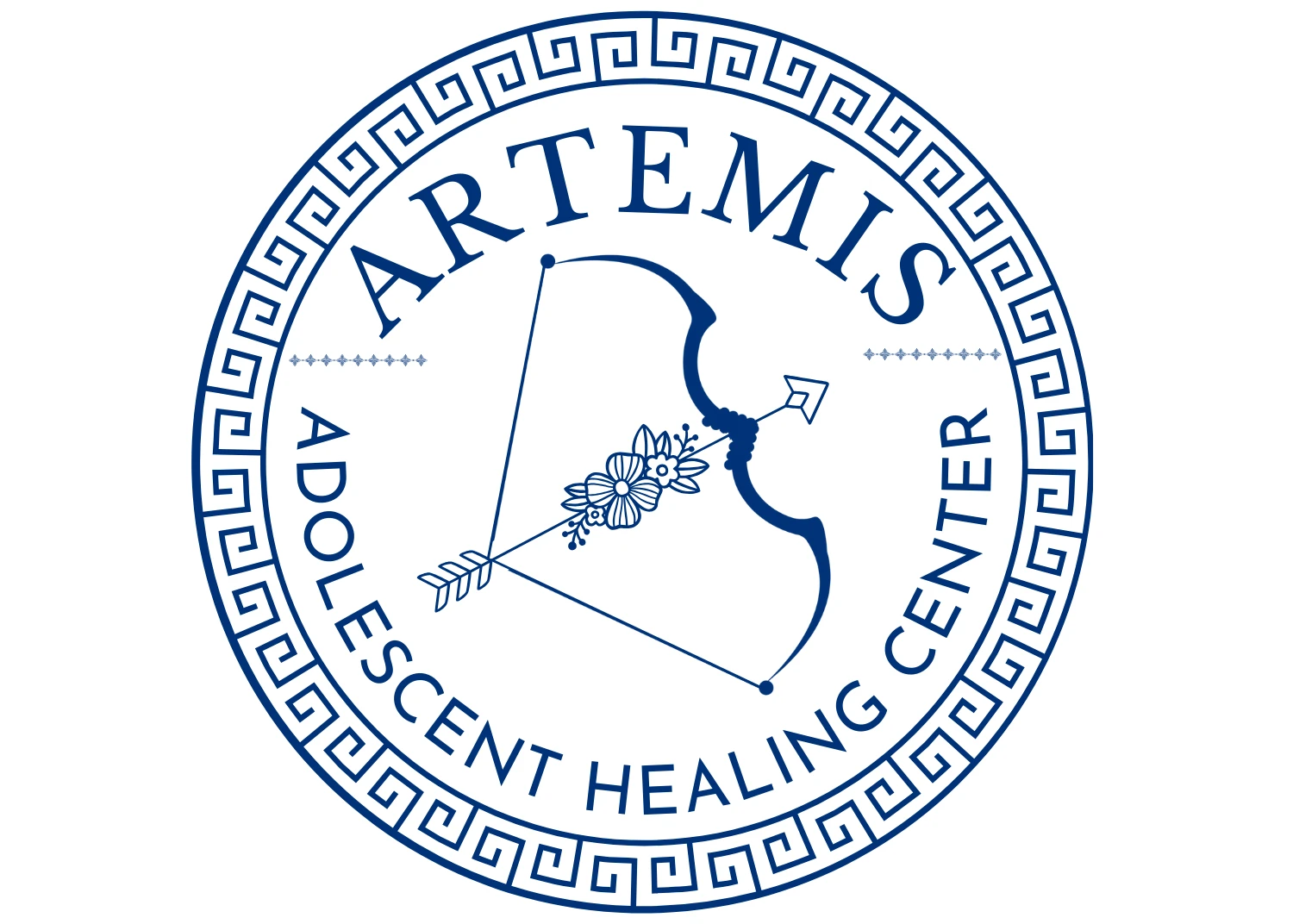Find Proven Help for Teen Marijuana Addiction at Artemis
Teen marijuana addiction is a serious issue being faced by countless young people across the country. As the availability of recreational marijuana has increased in so many places, so too has the rate of addiction and related problems.
If you are reading our resource it is likely you are already aware that unchecked cannabis use is far from harmless and can be truly damaging, for young people in particular.
This page will take a close look at marijuana abuse in teens and what can be done about it. If you or a loved one needs help with marijuana abuse, please contact Artemis Adolescent Healing Center to learn more about our treatment options.
Get Marijuana Treatment Options at Artemis Today
Understanding Teenagers and Marijuana Abuse
The perception of marijuana use has changed dramatically in recent years. Many people today think of marijuana use as without risks or side effects. That’s not an accurate representation of the reality.
Marijuana use, particularly among adolescents, can have a number of harmful impacts on many different parts of life.
Young marijuana users can quickly shift from casual use to dependency. The physical, mental, and emotional well-being of a young person can spiral downward as a result of vaping or smoking marijuana on a regular basis.
What Makes Marijuana Addictive?

Not everyone who uses marijuana becomes addicted. For example, medical marijuana is often used to help individuals struggling with issues such as PTSD, chronic pain, and more. But just as with other drugs used to treat these conditions, it does not mean that it can’t be addictive. Ongoing use can lead to dependency and a number of negative effects may follow as use increases.
The compound tetrahydrocannabinol, or THC, is responsible for the psychoactive effects of marijuana. Those effects impact people of all ages. The pleasurable feeling that stems from THC is what causes many people to continue cannabis use.
However, teenagers are particularly susceptible to habit forming due to the developing nature of their brains. They are quite likely to become addicted to the feelings that THC provides and may find it very difficult to quit. This difficulty is only furthered by the social pressures that surround drug use.
Ongoing marijuana use may make it difficult for a teen to control mood and emotions without drug use. Even if a teen doesn’t think of marijuana abuse as using an illicit drug, the effects of marijuana can be quite harmful just the same.
The Most Common Signs and Symptoms of Cannabis Dependency
It’s important to quickly identify the signs and symptoms of cannabis use disorder in teens. Each case is different but some of the typical indicators to watch for include those listed below.
- Increasing secrecy over activities and locations.
- Lost interest in previous hobbies and pastimes.
- A decline in school performance.
- Signs of mental health problems.
- Changes in social circles.
- Difficulty thinking, concentrating, and remembering.
- Withdrawal symptoms after a break from cannabis use.
- The presence of marijuana paraphernalia in their room or other spaces.
Concerned parents will want to watch out for these signs as possible indicators that disorder treatment may be necessary. Of course, there are plenty of other potential issues that could lead to these symptoms, so don’t jump to conclusions.
Remember, cannabis and marijuana use are not just ‘smoking pot’ as it was in past decades. The common availability of vapes containing THC and edibles, as well as other forms of the drug, means that sniffing out the telltale odor is not enough.
Pay attention to the overall pattern of behavior and seek help if you think marijuana use disorder is behind the changes.
Get Accredited Treatment Programs at Artemis
What are the Risk Factors for Teens in Terms of Addiction to Marijuana?
It’s possible for any teen to face cannabis use disorder. However, there are certain risk factors that can make it more likely that cannabis use will lead to a problem that requires treatment.
Genetics is a great starting point for a discussion on risk factors. A teen who has a family history of substance abuse is more vulnerable to this issue. Environmental stressors like family instability can also play a role.
Mental health problems are another major variable to consider. A teen dealing with mental health challenges may turn to marijuana as a coping mechanism. They will often find relief from things like anxiety and depression in the short term only to find that ongoing marijuana abuse simply compounds the challenges they have been facing.
Another classic risk factor for cannabis use is peer pressure. Being around social influences that encourage teens to use marijuana can start them down this path. It can feel innocent enough at first but may quickly turn into an addiction. This is particularly true for young teens who start experimenting with marijuana before they even reach high school.
The Impact of Marijuana Addiction on Teens

The danger in cannabis use for young people is the wide-ranging impact that it can have on their lives. Young people generally don’t understand the damage that cannabis use can do. This is particularly true now that adult marijuana use is legal in so many places.
Arming teenagers with information about what marijuana can do to them physically and mentally is the first step in making it less appealing.
How Marijuana Affects the Developing Brain
The brain of a teenager is not fully developed. Areas of the teen brain that are responsible for decision-making, memory, impulse control, and more still need to complete their development process. Marijuana use can interfere with this process.
Impaired cognitive function and reduced memory are common negative consequences that come with recreational marijuana use. A teen using cannabis may struggle to learn in school and could have a hard time retaining information. There is also a greater risk of other substance use disorders later in life for a teen using cannabis.
Motivation can also decline in the teenage brain when marijuana is used. This is harmful at a time when many teenagers are making plans to go to college, start careers, and more.
The Social and Emotional Consequences of Cannabis Abuse
The impacts of teen marijuana use go beyond the physical harm. There are also social and emotional consequences that can be just as meaningful.
Withdrawing from family life is commonly seen in this situation. The teen may feel uncomfortable engaging with the family while dealing with marijuana abuse and may opt to spend more time in social circles that are contributing to the problem. Positive social interactions will become fewer and fewer as this cycle continues.
The teen’s risk of anxiety and depression will also rise at this time. This increased risk of mental health difficulties is particularly troublesome because it could cause the young person to lean even further into marijuana use.
There is also the potential for an increase in risky behaviors such as unprotected sex and reckless driving. The teen’s life can quickly feel like it is getting out of control and other drugs may start to come into the picture, as well.
Academic and Career Implications for Young People Abusing Weed

Using cannabis can also mean bad things for a young person’s performance in school and their outlook for the future. These academic concerns might be secondary in the short term to things like physical and mental health, but they are still important to keep in mind.
A teen who is addicted to marijuana use will likely see a decline in their grades and a general reduction in their interest in school. Using marijuana may lead them to miss more school than they would have otherwise. And, when at school, they may be more likely to get in trouble and face disciplinary action.
All of these problems paint a grim reality for the teen’s future. It’s going to be harder to get into college. Or it will be harder to secure a job after high school is over. The reduction in academic interest and discipline will also make it harder to succeed even if college admission is achieved.
The bad news keeps coming from every angle when looking at teen marijuana use and what it does to the life of a young person as a whole.
Up To 100% of Rehab Costs Covered By Insurance
Getting the Right Help to Quit Cannabis is Critical
Early intervention is key in dealing with marijuana and the use of other drugs in teens. There is so much life ahead that getting help now can turn things in a new direction and open up countless exciting possibilities.
Using marijuana can become habitual after even a short time. Working with a professional treatment program can help to break those habits and replace them with new ones. Many teens who have turned to using cannabis to deal with mental health issues will feel a sense of control once they learn other techniques to address things like anxiety and depression.
It’s not easy to reach out for help. Even at a young age, many people want to deal with their own problems and find their own solutions. That’s not the best path forward when it comes to abuse and addiction, however. Getting help from experienced professionals means your child will be far more likely to be successful and progress can begin immediately.
Talk to an Artemis representative today to learn more about how our teen and adolescent treatment programs can help your child overcome their marijuana use and make sure their formative years are spent healthily and happily.






